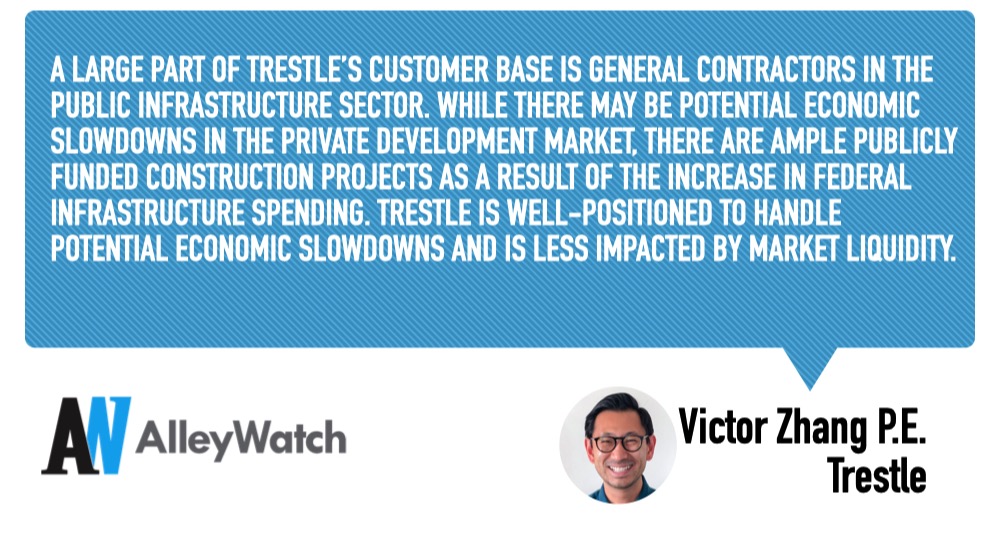Enhancing Project Efficiency: Key Elements to Review When Evaluating Subcontractor and Supplier Performance in Construction Projects


In the dynamic landscape of construction, the performance of subcontractors and suppliers plays a pivotal role in determining the overall success of a project. Comprehensive evaluations of their work are essential to maintain high standards, ensure adherence to project timelines, and guarantee superior quality outputs. This article outlines the key elements that demand careful review when assessing the performance of subcontractors and suppliers, emphasizing their critical role in driving project efficiency and achieving long-term success.
Adherence to Project Deadlines and Timelines:
Timely project completion is crucial in the construction industry. Evaluations should focus on whether subcontractors and suppliers consistently meet project deadlines and adhere to the agreed-upon timelines. Assessing their ability to deliver materials, resources, and completed tasks on schedule is essential for maintaining project momentum and avoiding costly delays.
Quality of Workmanship and Deliverables:
The quality of workmanship and deliverables directly impacts the overall project outcome. Evaluations should closely scrutinize the standard of work delivered by subcontractors and the quality of materials supplied by suppliers. Assessing the adherence to industry standards and the fulfillment of contractual requirements helps maintain a high level of craftsmanship and ensures the longevity and durability of the final construction output.
Communication and Responsiveness:
Effective communication and responsiveness are integral to successful project coordination. Evaluations should consider the level of communication between subcontractors, suppliers, and the project management team. Assessing their ability to address concerns, provide timely updates, and proactively communicate any challenges or changes is crucial for fostering a collaborative and transparent work environment.
Adherence to Safety Protocols and Regulations:
Safety is paramount in the construction industry. Evaluations must include an assessment of how well subcontractors and suppliers adhere to established safety protocols and regulations. Reviewing their commitment to maintaining a safe working environment and implementing necessary safety measures is essential for preventing accidents, ensuring worker well-being, and upholding legal compliance.
Budget Management and Cost Efficiency:
Effective budget management is key to the financial success of any construction project. Evaluations should focus on how subcontractors and suppliers handle project budgets, assess their ability to adhere to the agreed-upon costs, and ensure that any additional expenses are justified and transparent. Reviewing their cost efficiency and ability to deliver within budget constraints is crucial for maintaining financial stability and profitability.
Problem-Solving and Adaptability:
Construction projects often encounter unforeseen challenges and changes. Evaluations should assess how subcontractors and suppliers handle unexpected issues, their ability to adapt to evolving project requirements, and their effectiveness in implementing timely and effective solutions. Assessing their problem-solving skills and adaptability is essential for maintaining project progress and overcoming obstacles efficiently.
Evaluating the performance of subcontractors and suppliers in construction projects demands a comprehensive review of various key elements. By carefully assessing their adherence to timelines, quality standards, communication protocols, safety regulations, budget management, and problem-solving abilities, construction stakeholders can ensure streamlined operations, superior project outcomes, and a foundation for long-term success. Through diligent evaluations, the construction industry can foster a culture of excellence, collaboration, and continuous improvement, setting the stage for future growth and success.
Keep Reading





